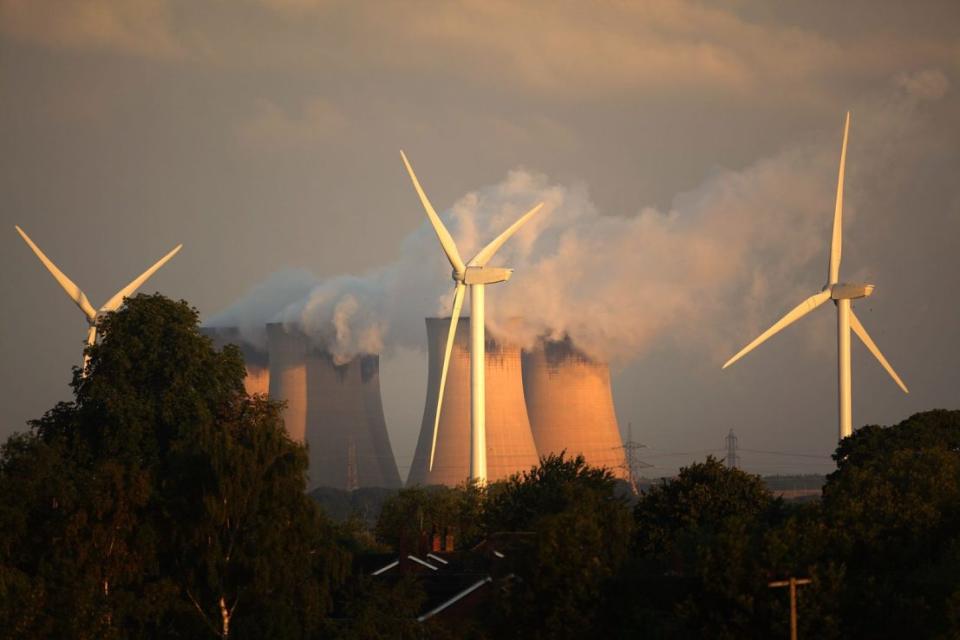UK’s record energy transition investment needs to double to hit net zero targets

The all-time high energy transition investment levels seen in 2023 will need to triple and remain consistent through the next six years to meet net zero targets, a new report has warned.
BloombergNEF’s Energy Transition Trends report, released today, shows that global investment in the transition hit $1.8tn last year – up 17 per cent on the year prior.
The UK, for its own part, upped spending by 84 per cent driven by electric vehicle sales and renewable power investment while U.S. and European spending rose 22 and 35 per cent year-on-year.
China led all countries’ expenditure, contributing $676bn – equivalent to 38 per cent of the global total.
But BloombergNEF‘s research suggests that energy transition investment would need to average $4.8 trillion per year from 2024 to 2030 in order to align with BNEF’s New Energy Outlook Net Zero Scenario – nearly three times the total investment observed in 2023.
The UK needs to double the $72bn spent in 2023 every year from 2024 to 2030, the report contends.
“Our report shows just how quickly the clean energy opportunity is growing, and yet how far off track we still are,” said Albert Cheung, deputy chief executive of BNEF.
“Energy transition investment spending grew 17 per cent last year, but it needs to grow more than 170 per cent if we are to get on track for net zero in the coming years. Only determined action from policymakers can unlock this kind of step-change in momentum.”
Investment in the global clean energy supply chain, including equipment factories and battery metals production for energy technologies, also hit a new record at $135bn in 2023.
This is up from just $46bn in 2020 and is set to rise further over the next two years.

 Yahoo Finance
Yahoo Finance 